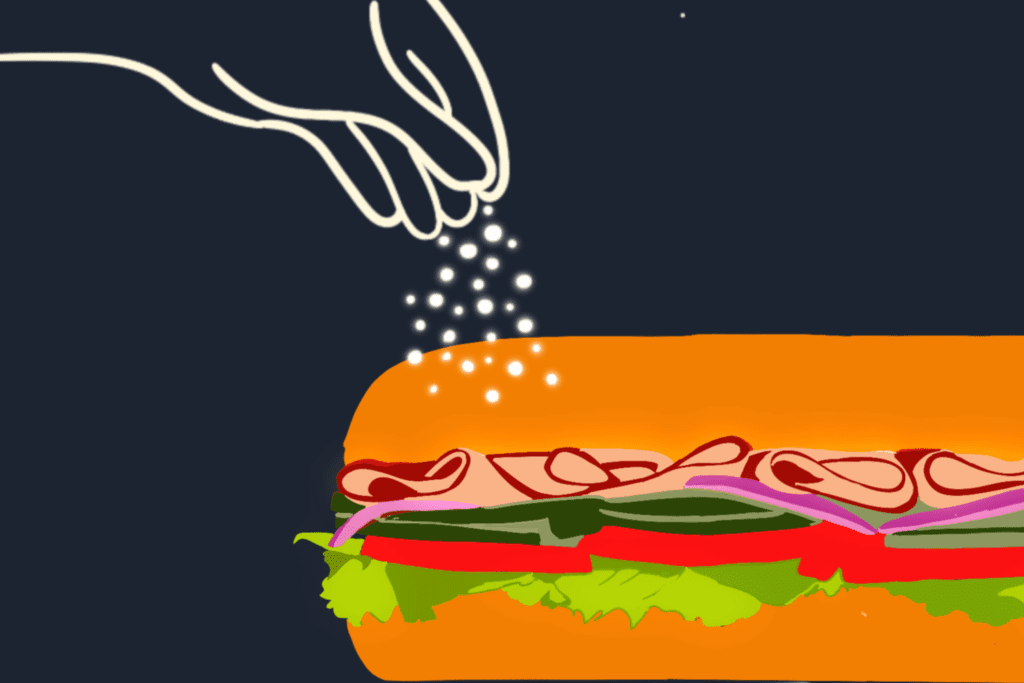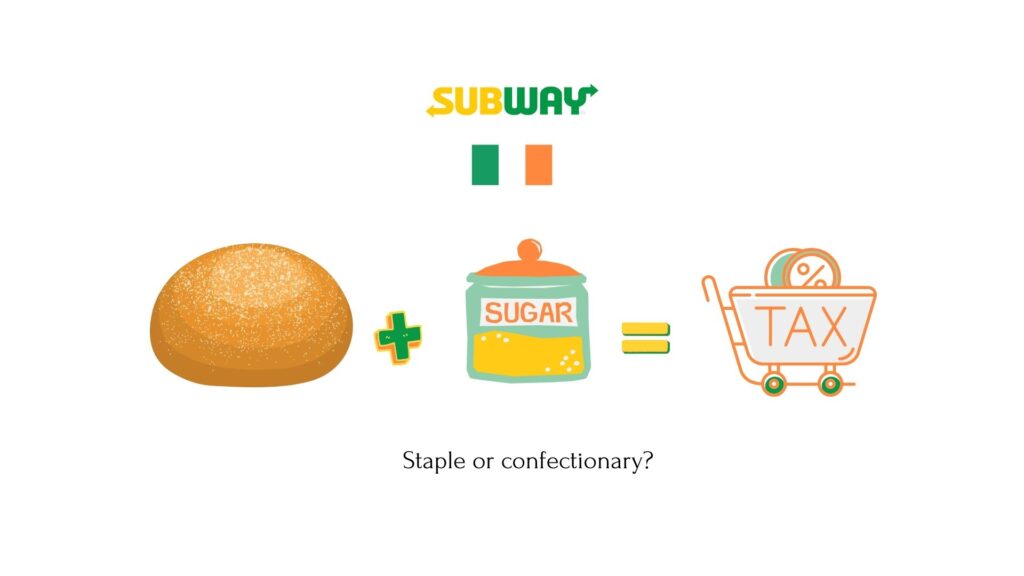Table of Contents
Subway, the globally recognized fast-food giant found itself at the heart of a rather bittersweet controversy. A judge in Ireland ruled Subway’s bread is a candy, not a staple food.Subway has been facing controversies over its bread for years. Their bread is subject to Value Added Tax (VAT), unlike other staple foods that are exempted.Embracing the “always learning” mindset, let’s briefly explain Value Added Tax (VAT).
Imagine a baker sells a loaf of bread to a retailer. The baker charges VAT on this sale, and when the retailer sells the loaf to a consumer, VAT is charged again. A Value-Added Tax (VAT), known in some countries as a Goods and Services Tax (GST), is a type of tax that is assessed incrementally. It is levied on the price of a product or service at each stage of production, distribution, or sale to the end consumer. Unlike direct taxes, VAT is an indirect tax since it falls on a person who does not necessarily pay the tax.
Businesses in the supply chain can reclaim the VAT they’ve paid, but it’s the end consumer that ultimately bears the cost. If the ultimate consumer is a business that collects and pays to the government VAT on its products or services, it can reclaim the tax paid.

In Ireland, the standard rate of VAT is 23%, however some products are zero-rated based on their nature and use. This is because, in Ireland, food is considered as a basic necessity and a human right.
Food products like ice cream, confectionery, soft drinks, biscuits, among others, fall under the taxable category. Given the nature, one may call it luxury or non-essential, you take your pick. Based on the standards met, the VAT varies from 13.5% to 23%.
The 1972 VAT Act states that bread must have a certain amount of flour, water, yeast, salt, and no more than 2% of sugar and fat, combined. Who knew? Now you do. Next time you want to impress that favourite chef friend, or mentor, you know what to say.
2004 – This case started a few years ago
Bookfinders Ltd., an Irish franchisee of Subway, claimed a refund from the Revenue Commissioners for the VAT it had paid on its takeaway products, such as tea, coffee, and bread. Subway argued that these products were zero-rated, as they were food items that were not consumed on the premises.
Ireland’s tax framework is designed with public health in mind, categorising foods into zero-rated essentials and taxable luxuries. This distinction aims to encourage healthier eating habits by making nutritious food more financially accessible.

After appealing to the High Court, Bookfinders Ltd. was dismissed in 2013. Bookfinders Ltd. appealed to the Court of Appeal, which also dismissed the appeal in 2019. It was Bookfinders Ltd.’s final appeal that was heard by the Supreme Court in 2020. As the sugar content of Subway bread was five times higher than the allowed limit, the court found it didn’t meet the statutory definition of ’bread’. Sugar was added to the dough not to preserve it or flavour it, but to give it a distinct taste and texture.
Lots of responses
Subway said that its bread was, of course, bread, and that it had been baking fresh bread in its stores for more than three decades. The people who own Subway stores in Ireland were not happy about the court’s decision, saying it would hurt their business and how much money they make.
Some Subway customers in Ireland were surprised by the decision but said they didn’t mind how much sugar was in the bread as long as it tasted good. On the other hand, nutrition experts in Ireland thought the decision was a good thing to make people aware of the hidden sugar and calories in foods like Subway’s bread.
Sugar, no please!
Subway’s sugary predicament opens up a larger dialogue about what we, as consumers, are putting into our bodies. Understanding the nitty-gritty of food regulations might not be everyone’s cup of tea (or slice of bread, in this case), but it’s a step towards demystifying the food on our plates. What do you think? Do you have any confectionery stories to share? Do you believe that such tax classifications can influence dietary choices and public health?